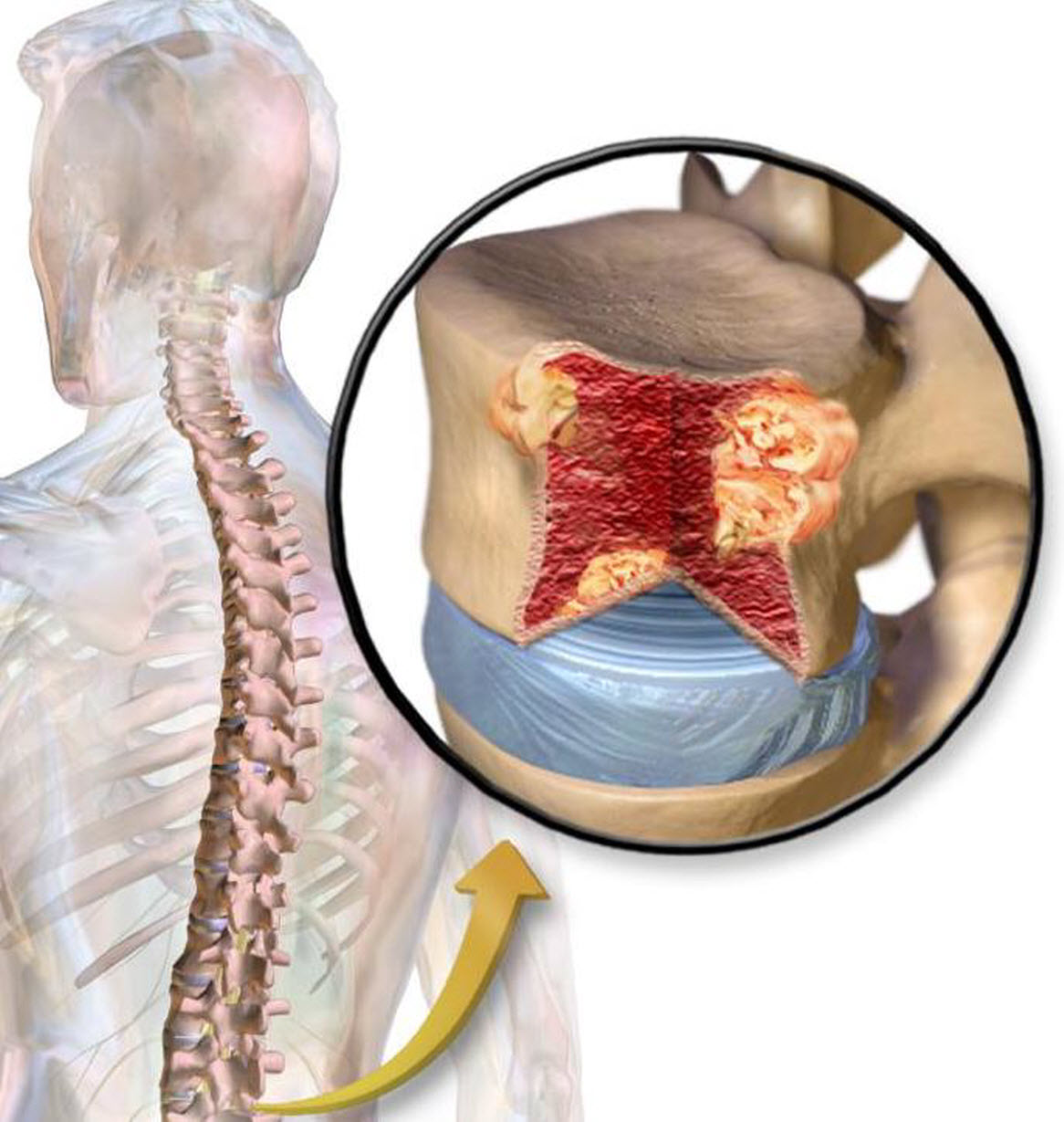
Pfizer presented safety and clinical response results from the ongoing Phase 1 study (NCT03269136) for PF-06863135, an investigational B-cell maturation antigen (BCMA) CD3-targeted bispecific antibody. Data from 30 patients with relapsed or refractory multiple myeloma showed manageable safety across all subcutaneous dose levels with no dose-limiting toxicities observed, and 83% of patients achieved a clinical response at the highest dose level. The results will be presented at the Virtual American Society of Hematology (ASH) Annual Meeting and Exposition.
PF-06863135 is a bispecific antibody designed to bind to BCMA which is highly expressed on the surface of multiple myeloma cells, and the CD3 receptor found on the surface of cancer-fighting T cells, bridging them together to activate an immune response. Binding affinity to BCMA and CD3 has been optimized, enabling more potent T-cell-mediated anti-myeloma activity. Subcutaneous administration of PF-06863135 is intended to allow higher doses than intravenous administration without increasing adverse events.
Multiple myeloma is a blood cancer that affects plasma cells made in the bone marrow. Healthy plasma cells make antibodies that help the body fight infection. According to the latest figures available, there are approximately 32,270 new cases of multiple myeloma diagnosed annually in the United States and 160,000 globally. Despite treatment advances, multiple myeloma remains incurable. The median survival is just over 5 years, and most patients receive four or more lines of therapy.
“Despite treatment advances, multiple myeloma remains incurable and there is a substantial need for breakthroughs for patients,” said Jeff Settleman, Senior Vice President & Chief Scientific Officer, Oncology R&D, Pfizer. “The very high response rate observed with PF-06863135, coupled with manageable safety and the convenience of subcutaneous administration, underscores the potential impact this medicine may have for people living with this devastating disease. These findings support continued development of PF-06863135 for people with multiple myeloma, both as monotherapy and in combination with standard or novel therapies.”
The primary objectives of this portion of the study were to assess safety and tolerability of PF-06863135 administered subcutaneously, to determine the maximum tolerated dose, and to select the recommended Phase 2 dose. In the study, no dose-limiting toxicities were observed across any of the subcutaneous dose levels evaluated (80 to 1,000 μg/kg weekly) during dose escalation. Cytokine release syndrome (CRS) was reported in 73.3% of patients and was limited exclusively to grade 1 (56.7%) or grade 2 (16.7%). Grade 3 or higher adverse events (AEs) occurring in more than 10% of patients included lymphopenia (53.3%), neutropenia (26.7%), thrombocytopenia (16.7%) and anemia (16.7%).
The overall response rate (ORR) was 80% among the 20 patients treated in cohorts across the efficacious dose range of 215 to 1,000 μg/kg weekly. Among these 20 patients, six achieved stringent complete response or complete response, three achieved very good partial response, and six achieved partial response. Three responding patients had received at least one prior BCMA-targeted therapy. At the highest dose level of 1,000 μg/kg, the ORR was 83% (5/6 patients). Based on these data, 1,000 μg/kg weekly is the recommended Phase 2 dose.
NCT03269136 is a Phase 1, open-label, multi-dose, multicenter, dose escalation, safety, pharmacokinetic (PK) and pharmacodynamic study of PF-06863135 for adult patients with advanced multiple myeloma who have relapsed after, or are refractory to, standard therapies. Part 1 of this two-part study assessed the safety and tolerability of increasing dose levels of PF-06863135. The study enrolled 80 patients and evaluates PF-06863135 administered intravenously or subcutaneously. Preliminary results for intravenous administration were reported at ASH in 2019.













